Housing inventory continues to be the big hurdle in today’s housing market. While it has been reported repeatedly that homes-for-sale inventory pickings are slim, the pandemic has made the situation worse as virus-wary home sellers have pulled their properties off the market. The result is higher prices and bidding wars that may well be driving home buyers to distraction.
A recent Realtor.com report compared January to the same month last year and found that it plummeted 43%, with new listings down 23% year over year, and median home prices skyrocketing 15.4% annually to $346,000 in January as a result of the shortage. It’s a war zone, and there are no signs it will be letting up any time soon as the spring home-buying season gears up.
Realtor.com’s Chief Economist Danielle Hale admits it’s particularly tough for first-time buyers dealing with limited options and fast-rising prices. “We’re looking at an all-time low number of homes for sale and record numbers of buyers trying to get into the market,” she says.
With 443,000 fewer homes up for grabs this year than last year (before COVID-19 hit), builders have ramped up their pace of constructing new homes, but that doesn’t seem to have made much of a ripple yet. Realtor’s Clare Trapasso says the hope is that once more people get vaccinated against the coronavirus, sellers will feel more comfortable listing their homes. “The threat of catching the virus from a potential buyer walking through and having to move in a pandemic has led many sellers to hold off,” she says.
She reports that home prices rose the most in the Northeast, by 16.8%, followed by the West, at 12.3%, the Midwest, at 10.4%, and the South, at 8%. But in the nation’s 50 largest metropolitan areas, prices shot up the most in Austin, TX, Rochester, NY, and Los Angeles in January, ranging from 22%-30%.
The priciest locales saw the most significant inventory increase action — Silicon Valley’s San Jose, CA, and San Francisco, where many white-collar workers who can now telecommute from anywhere with a good internet connection have sought out cheaper parts of the country, according to Trapasso.



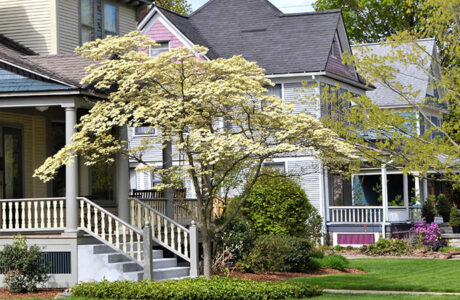

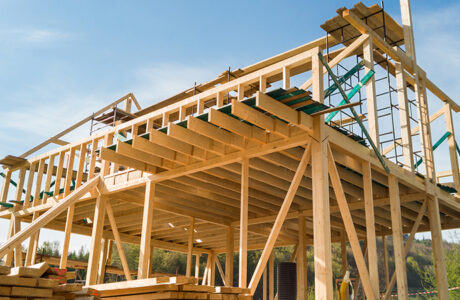



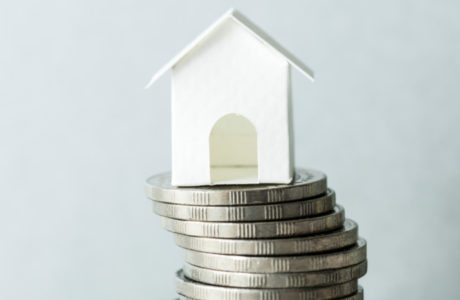
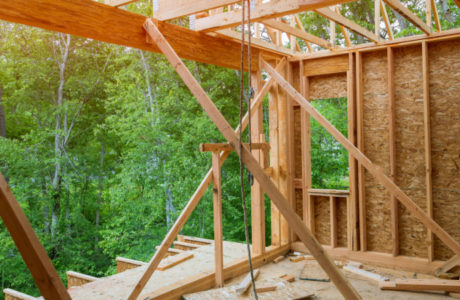

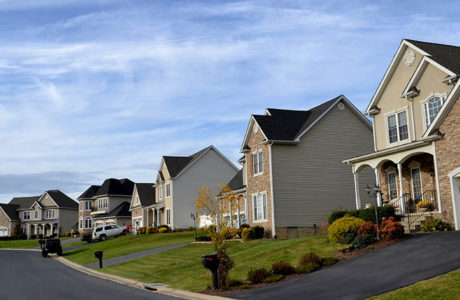



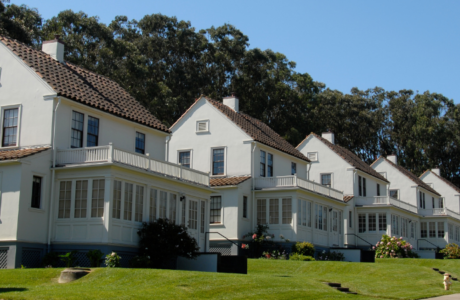
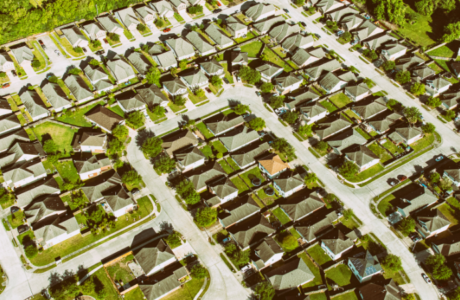





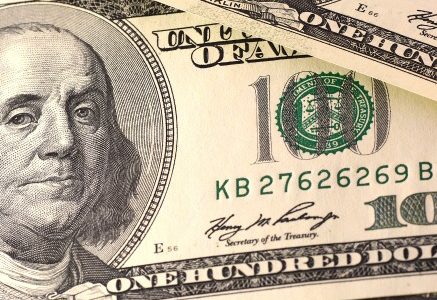


















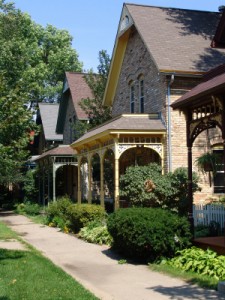


Comments are closed.